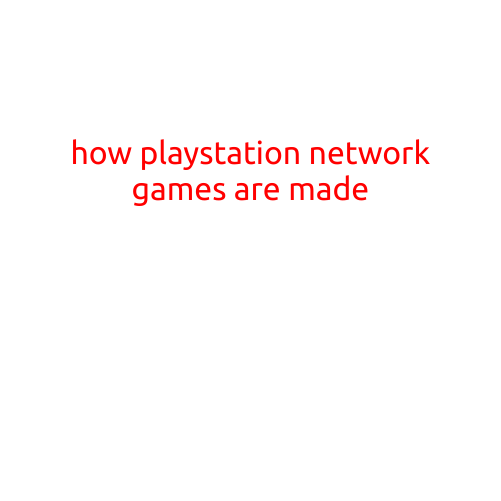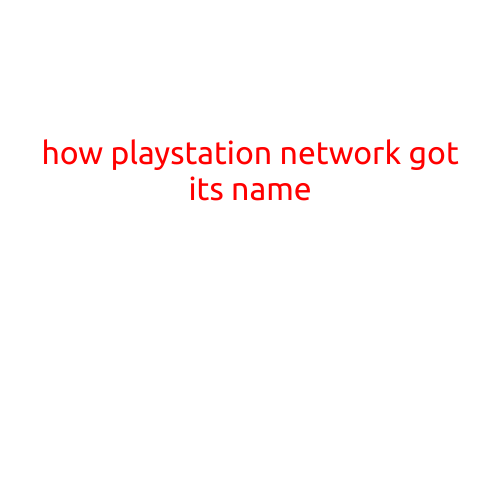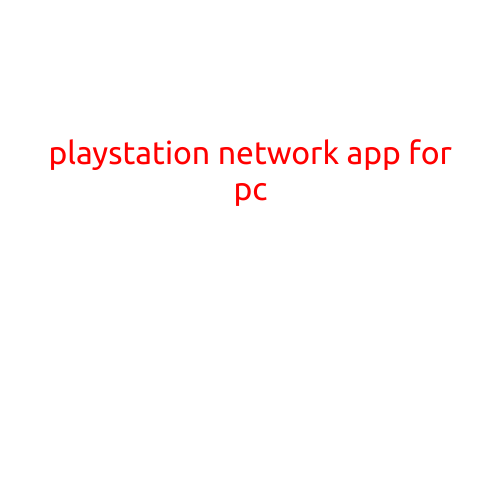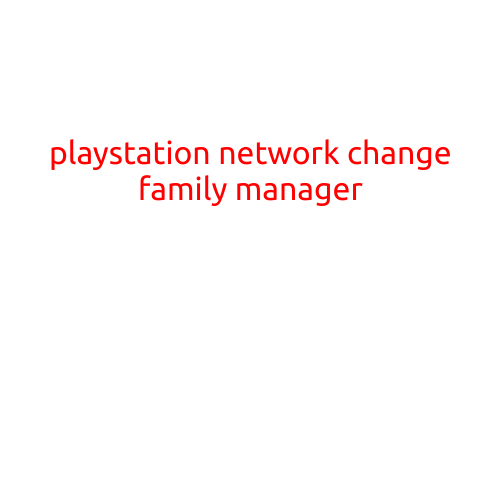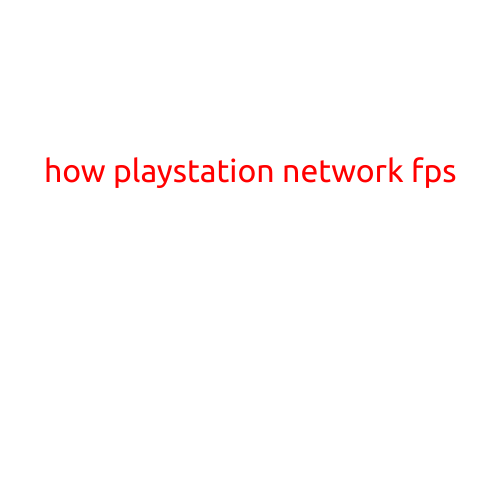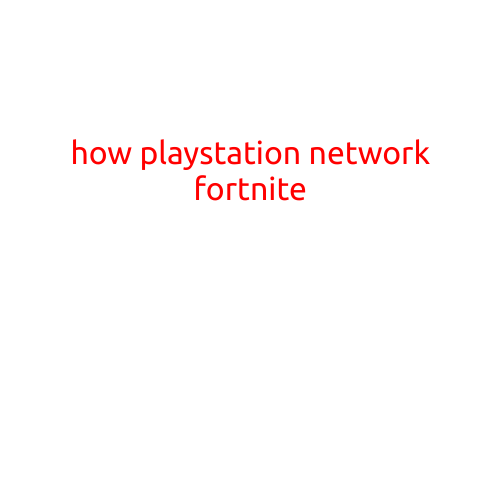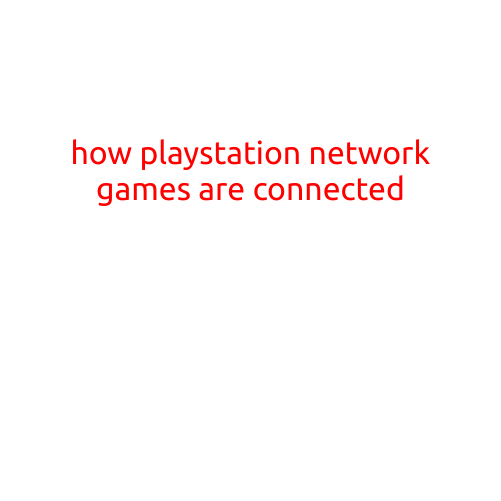
How PlayStation Network Games Are Connected
The PlayStation Network (PSN) is a vast online platform that allows gamers to play a wide variety of games with others around the world. But have you ever wondered how these games are connected and how they communicate with each other? In this article, we’ll take a deep dive into the world of PSN game connectivity and explore the behind-the-scenes magic that makes online gaming possible.
The PSN Infrastructure
At the heart of the PSN is a robust infrastructure that enables fast and reliable communication between servers and clients. The PSN infrastructure is designed to ensure minimal lag and maximum performance, allowing gamers to enjoy seamless online experiences. Here’s a simplified overview of how it works:
- Servers: PSN has numerous servers stationed around the world, each dedicated to handling specific tasks such as matchmaking, authentication, and data storage. These servers are connected to each other via high-speed networks, ensuring rapid communication and data transfer.
- Logic and Rules: Each PSN game has its own set of rules and logic that govern how it interacts with other players. These rules are stored on the servers and are executed in real-time, allowing for smooth and fair gameplay.
- Client-Server Architecture: In a typical PSN game, the server acts as the authority, while the client (your PlayStation console) sends requests and data to the server. The server processes these requests and sends back responses, which the client then uses to update the game state.
Matchmaking and Session Creation
When you join an online game, the PSN matchmaking system kicks in, searching for suitable opponents to match you with. Here’s how it works:
- Game Session Creation: When you launch an online game, the PSN servers create a new game session, which is essentially a unique identifier for the game.
- Player Requests: Your PS console sends a request to the PSN servers to join the game session, specifying your game settings, region, and other preferences.
- Matchmaking Algorithm: The PSN matchmaking algorithm analyzes your request and searches for other players with compatible settings and preferences. The algorithm takes into account factors such as game type, skill level, and network connection speed to ensure a smooth and enjoyable experience.
- Session Creation Confirmation: Once a match is found, the PSN servers confirm the creation of a new game session, and you’re able to join the game and start playing.
Latency and Connection Quality
Latency, or ping, is a critical factor in online gaming. PSN employs various techniques to minimize latency and ensure a stable connection:
- Network Optimization: PSN optimizes network connections using techniques such as Quality of Service (QoS) and packet prioritization to ensure that critical gaming data travels quickly and reliably.
- Server Selection: The PSN server selection algorithm chooses the best server based on your location, ensuring faster data transfer and reduced latency.
- Traffic Management: PSN traffic management ensures that data packets are transmitted efficiently, reducing congestion and minimizing latency.
Data Storage and Syncing
PSN games store player data, game state, and other critical information on servers. Here’s how data is stored and synced:
- Cloud Storage: PSN stores player data, including saves and profiles, in secure cloud storage facilities.
- Data Syncing: Whenever you play an online game, your PS console sends requests to the PSN servers to update the game state. The servers then update the cloud storage and send back any necessary data, ensuring that all connected players have access to the same information.
- Syncing Frequencies: The PSN frequency of syncing varies depending on the game, but typically occurs every 15-30 minutes to maintain consistency and ensure fair gameplay.
Conclusion
The PlayStation Network is a complex system that relies on a robust infrastructure, efficient matchmaking, and latency-reducing techniques to provide a seamless online gaming experience. By understanding how PSN games are connected, you’ll appreciate the efforts of the developers and network engineers who work tirelessly to ensure that your online gaming sessions are fast, fair, and fun.
